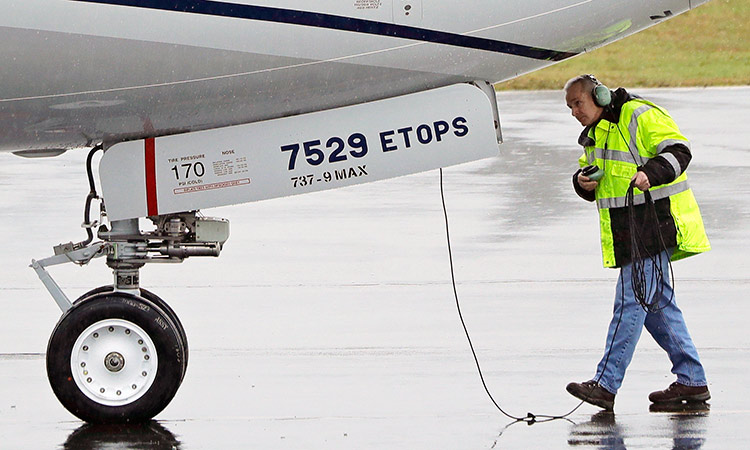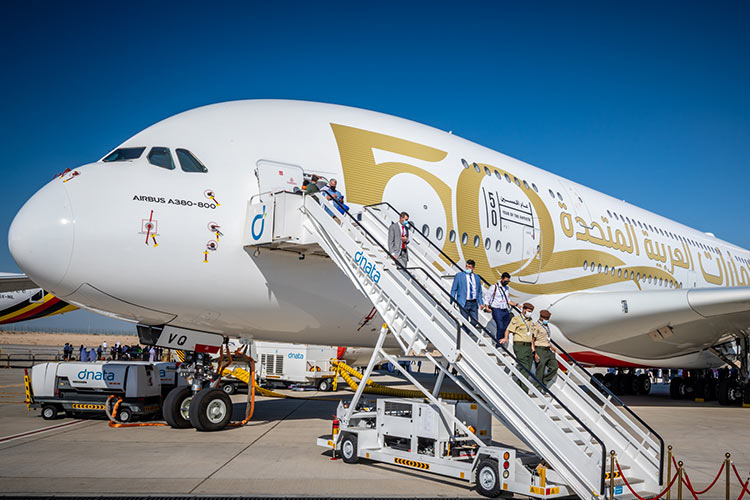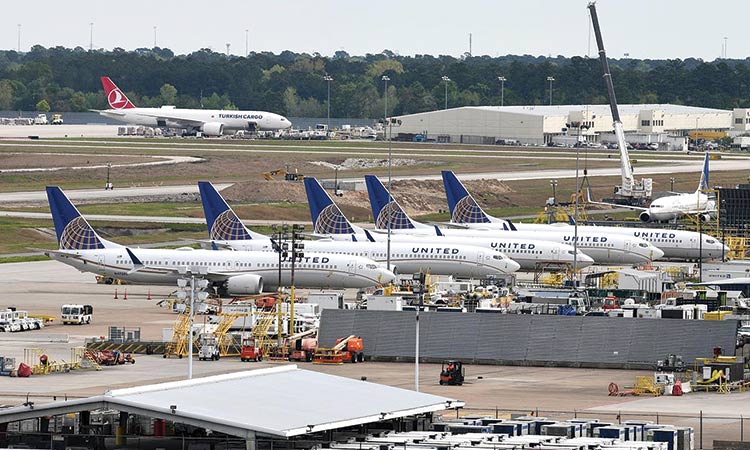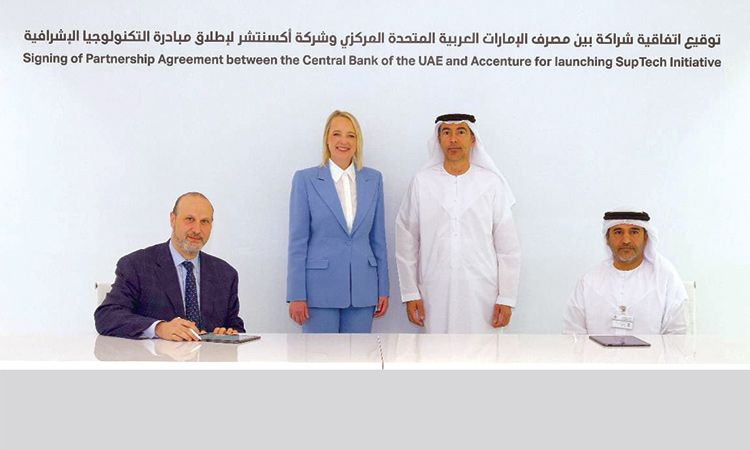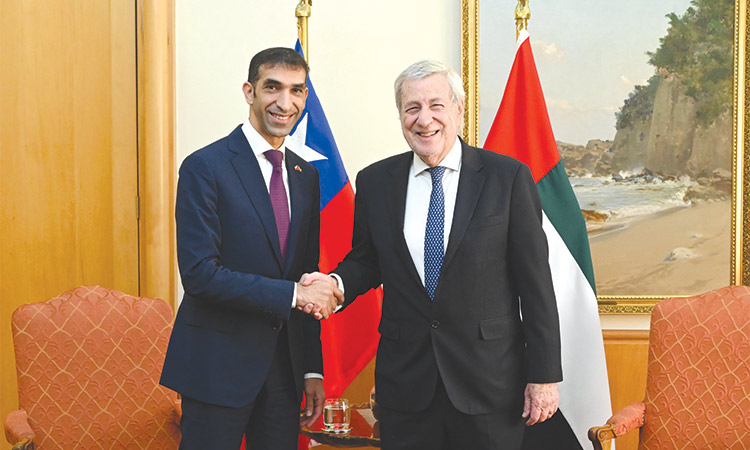$600b needed to meet regional aircraft demand by 2038
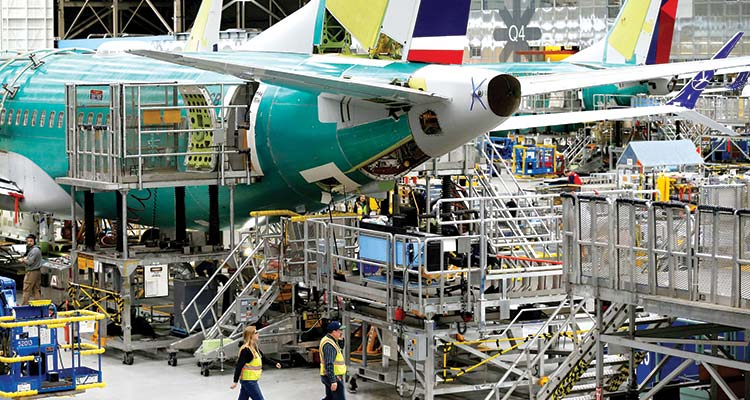
Airbus has overtaken the American giant Boeing in some key benchmarks in 2019. And the company is now better positioned to move quickly on a new jet product.
Market growth will drive 65 per cent of this demand for the aircrafts, while the remaining 35 per cent will replace ageing aircrafts, it said in a report.
These developments will be one of the highlighted investment opportunities at the next edition of Global Investment in Aviation Summit, GIAS, held on 27th-29th January 2020, in Dubai under the theme ‘Enabling Global Aviation Growth through Fund Raising and Key Partnerships’.
Saif Mohammed Al Suwaidi, GCAA Director-General, said, “Investments in aviation are more vital now as regional aviation enjoys the economic benefits of robust tourism and improved regional connectivity. The rapid growth of aviation is propelled by many factors, including booming tourism industry, lower air fares, improved connectivity, and the rise of disposable incomes with the middle-class expansion. All these and more will be part of the investment opportunities that will be presented at GIAS.” According to the Embraer report, the Asia Pacific region will drive the highest market share for 150-seat aircraft capacity by 28 per cent or 3,000 deliveries. North America follows closely behind with 2,780 (27 per cent), Europe with 2,240 (21 per cent), Latin America with 1,140 (11 per cent), CIS with 580 (six per cent), Africa with 450 (four per cent) and the Middle East with 360 (three per cent), the report added.
As regional integration of aviation expands, the volume of business travellers, trade and logistics operations are expected to increase. The consistent growth of the aviation industry will also call for the improvement of human resource requirements as well as safety and congestion issues. The UAE has been leading the regional aviation industry with an impressive volume of passenger and cargo traffic every year. Through the UAE’s GCAA, the nation’s progressive approach to sustain the growth of its local aviation is remarkably shown by investments made in training of airline and airport personnel.
To address the issue of airspace congestion, the nation’s aviation authority launched their ‘Airspace Restructuring Project’ in 2017 which relies on satellite and plane computers to guide aircrafts with their routes.
Al Suwaidi also added that as aviation is a key pillar in UAE national economy, the nation is investing heavily on modernisation and expansion of its major international airports to meet the demands for passenger traffic which is anticipated to increase every year.
The event will bring together more than 200 investors, besides selected government officials, aviation organisations, finance and insurance firms, aviation asset owners, aircraft operators and logistic service providers and legal consultants, and it highlights the biggest investment opportunities in the aviation industry with all its various sectors throughout the globe.
Meanwhile, with its main rival hobbled by the worldwide grounding of a top-selling jet, Europe’s Airbus could seem poised to emerge as the undisputed global aerospace leader.
Airbus has overtaken the American giant Boeing in some key benchmarks in 2019. And the company is now better positioned to move quickly on a new jet product.
Meanwhile, the American company is mired in efforts to get its crisis-stricken 737 MAX planes back in the sky after two deadly crashes.
Still, experts say the Toulouse, France-based aviation giant faces production constraints that likely limit its ability to grab more market share.
“Airbus is a winner only at the margins,” said Richard Aboulafia, a longtime industry analyst at the Teal Group, an aerospace market analysis firm.
To be sure, Boeing’s suspension of deliveries of its top-selling plane has added luster to Airbus’s solid and unscathed results.
Moreover, as the MAX grounding has dragged on since March, key airline customers are becoming increasingly blunt in expressing frustration.
Airbus delivered 389 planes through the end of June, an increase of 28 percent. During the same period, Boeing deliveries fell 37 percent to 239.
It was the first time since 2011 that Airbus overtook its US rival in plane deliveries, which is when the bulk of revenues are generated, effectively rendering Airbus the world’s largest aircraft maker.
Airbus also has had net orders of 88 planes in 2019, compared with Boeing, which has seen a decline of 119.
WAM/ Reuters
